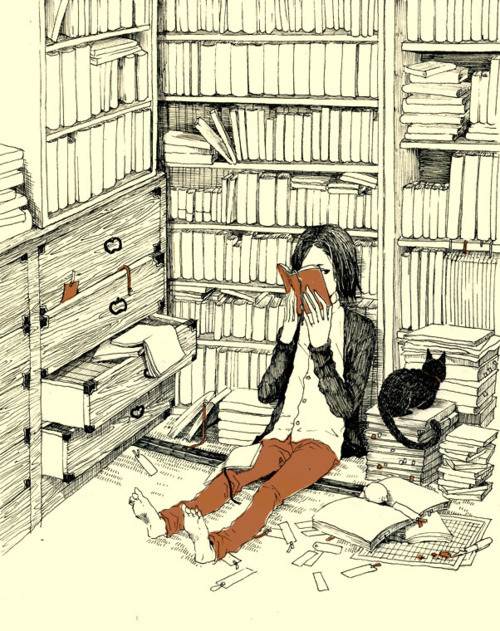“And what about those who don’t have a mother?” — “The Unmothered,” by Ruth Margalit, The New Yorker, May 9, 2014
Last week an acquaintance of mine asked if I was celebrating Mother’s Day. I was caught off-guard. We were on the bus, and had been making small talk prior to this question; I hadn’t eaten any breakfast that morning; and I was not at all prepared to be reminded that one of my least favorite days of the year was on the horizon.
“No,” I said flatly. He looked away for a moment. I decided to be a normal human being and try again. I asked, brightly, “What about you? Does your mother live nearby?”
I knew it was safe to ask about his mother, because his upbeat and unassuming way of asking about the holiday made it clear he had a mother around to celebrate. I was right, of course. He told me about his lovely plans with his family and I continued to smile, wondering if it was at all obvious that inside, I was screaming.
The conversation moved on, as conversations do, and soon enough I got off the bus and walked toward my office, feeling more annoyed with myself than anything else. Sooner or later, I tell myself, I’ll handle these types of questions with grace. And maybe I almost did, this time. I’m not really sure. But what was my alternative? Drop the “No, my mom is dead” bomb in the middle of the 66 bus at 9 a.m.? No thank you. I guess I’ll just sound like a jerk.
With each passing Mother’s Day that Mother’s Day continues to, somehow, exist in this world without my mother alive, I convince myself that this year, I won’t have these moments. I won’t have the conversation I manage to have every year, where some perfectly nice, clueless person who still has a mother and doesn’t really know me asks about my Mother’s Day plans. (
I wrote about this dilemma on this very blog four years ago, actually.)
All of this is to say that I’m fine. No,
really, I’m fine.
“Trust me, I’m too aware of the fact that my mother is gone to wish her here in any serious way on Mother’s Day. But does the holiday have to be in May, when the lilacs are in full bloom? When a gentle breeze stirs—the kind of breeze that reminds me of days when she would recline on a deck chair on our Jerusalem porch, head tilted back, urging me to ‘sit a while’?”
Mother’s Day often has a way of making me feel very alone in this world. That, of course, is insane. Over the course of the day, I got thoughtful texts and messages from different women in my life who are the proof that I am far from alone: my aunt Deborah; my cousin Micaela; my sister-in-law Tina; my friends Lauren and Natalie. But to not have my mother here on this Earth is to feel a specific sort of aloneness, something that, in spite of all the messages in the world, can never be replaced. This reality used to—and sometimes, on low days, still will—fill me with despair.
That feeling began to threaten me yesterday, if only for a brief moment. I started to feel the sadness take over. I made coffee and didn’t drink any of it. Everything had been fine, but then it was not fine. I sat down at my computer and
found this article that I keep quoting here. I thought it would make me feel better, and it would have had I let it, but after I read it I just felt vaguely sick, nauseous. I went outside to my back porch and sat directly in the sun, my bare legs prickling from the heat for the first time in a year. I looked up and squinted into the sun.
I knew what I needed to do. I went back inside to get my phone so I could call my dad. I saw that he had already beat me to the punch, with a short text that said nothing and everything: “hey al hope you’re having a good weekend.”
I went back to my piece of sunshine and called him. The feeling that had threatened to turn this day into a nightmare faded. He is still here. It’s okay. It really is.
The sun was hot on my face. I was not alone.
"What is the death of a loved one if not an oxymoron? My mother isn’t here, and yet I see her everywhere. I kept on looking for hints of her on the page, as though by retracing her beloved books and poems I would get to reclaim a part of her that was already slipping away."
Later in the afternoon the weather shifted from warm sunshine to a cool thunderstorm. When the weather turned, I curled up with my cat Layla next to the open window, the blinds flapping gently from the breeze. I found a movie that I knew Mom and I had watched together, more than once—Sense and Sensibility.
Mom was not there.
Or was she? Next to my television, the framed photo of the two of us at my high school graduation stared back at me. In it, our cheeks are pressed together; our smiles are big. We look just alike. I remember, that spring, counting down the days until I would graduate. If only she can stay healthy to see me graduate, I would think. We made it to graduation. She made it even through that long, hot summer, to come move me in my college dorm. But that would be it. There would be no more landmark moments after that. No more. We’re done.
These thoughts are exhausting. These are the thoughts that take over on Mother's Day. I stared at our photo, not even paying attention to the movie, and I remember posing for it. I remember the feeling of my mother’s warm cheek against mine. I tell myself I remember.
Emma Thompson and Kate Winslet were still talking about something or other on my television screen. I stopped thinking and staring altogether and fell asleep, my fat cat’s paw resting in my hand.
When I woke up from my nap, the feelings were gone. The rain had stopped. The day was once again, just another day.
And I will miss my mom again tomorrow. And then again the next day. And all the days after. But it doesn’t have to be a Day. It just is. We keep on living.
“There’s a word in Hebrew—malkosh—that means 'last rain.' It’s a word that only means something in places like Israel, where there’s a clear distinction between winter and the long, dry stretch of summer. It’s a word, too, that can only be applied in retrospect. When it’s raining, you have no way of knowing that the falling drops would be the last ones of the year. But then time goes by, the clouds clear, and you realize that that rain shower was the one. Having a mother—being mothered—is similar, in a way. It’s a term that I only fully grasp now, with the thirst of hindsight: who she was, who I was for her, what she has equipped me with.
Like a last rain, my mother left behind an earthy scent that lingered long after she was gone.
Like a last rain, for a fleeting moment, everything she touched seemed to glow.”






